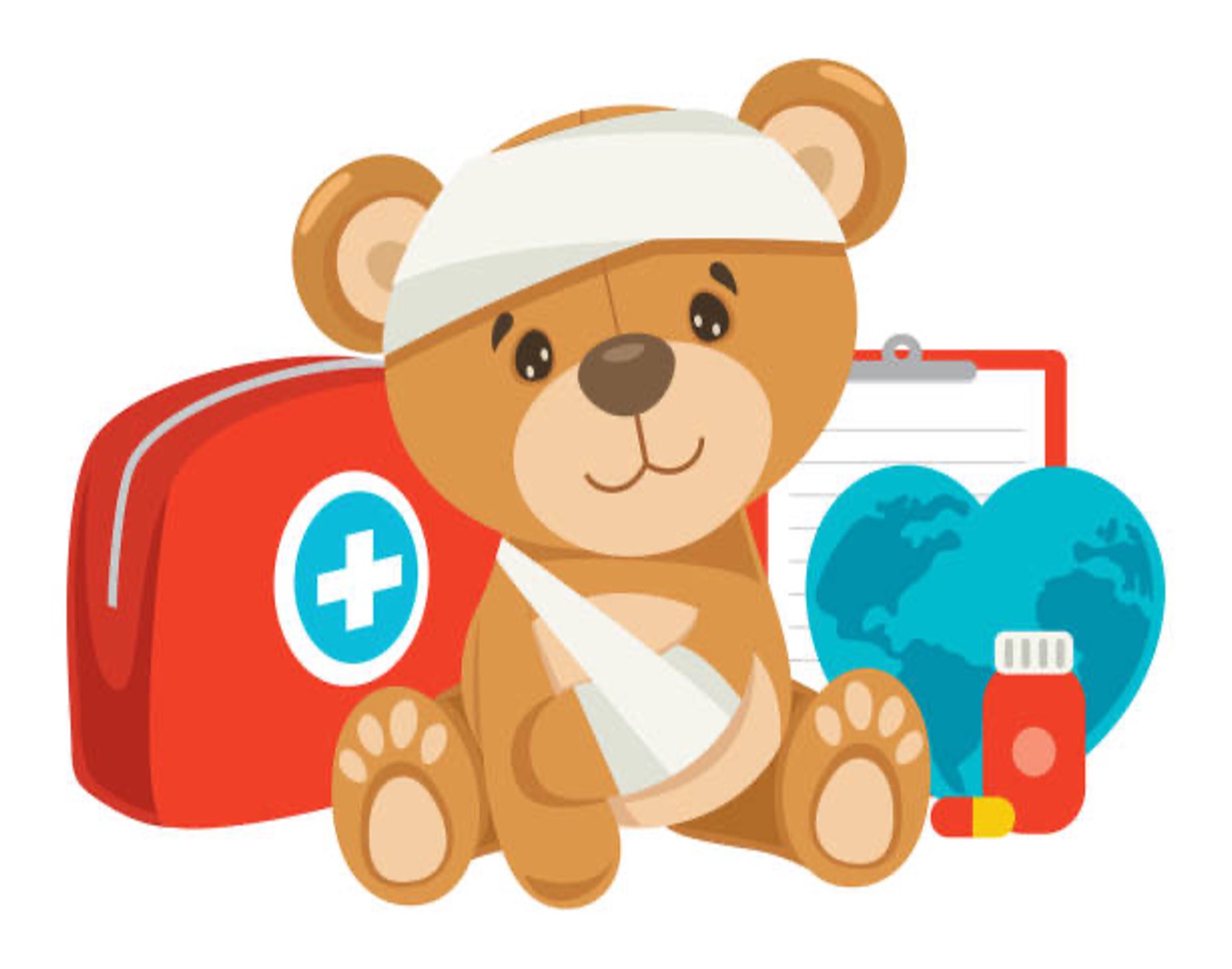Our Commitment to Safety and Paediatric First Aid

The Early Years Foundation Stage (EYFS) guidelines, which childcare settings in England are required to follow, currently state that just one person with a current paediatric first aid certificate must be on the premises, and available, at all times when children are present. (DfE 2021, page 26)
What is Elley’s First Aid Journey?
Elley’s First Aid details how Tiptoes are going above and beyond the minimum requirements in keeping children safe. Providing reassurance to parents that 100% of Tiptoes practitioners at all Tiptoes settings are paediatric first aid trained and competent.
.
You can view our Elley’s Journey document at each Tiptoes setting. It has full details of all staff qualifications, dates and certificates showing how we have gone above and beyond these minimum requirements by having 100% of staff trained in paediatric first aid. Ensuring what is learnt during the course is kept at the forefront of our practitioners’ minds.
What is first aid?
The British Red Cross defines first aid as help given to someone who has been hurt or is suddenly taken ill. It is the steps a person can take before the injured or ill person gets expert medical help. First aid can sometimes save a person’s life, but more often it is help given in an everyday accident or illness.
.
What is paediatric first aid?
Paediatric First Aid (PFA) covers particular first aid practice for babies and young children. For people who work in an early years setting, attending a paediatric first aid course is often the first step in gathering knowledge and experience in this vital area.
.
What is covered in a paediatric first aid course?
The emergency PFA (not the one Tiptoes does) course should be undertaken face-to-face and last for a minimum of 6 hours (excluding breaks) and cover the following areas:
-
Be able to assess an emergency situation and prioritise what action to take;
-
Help a baby or child who is unresponsive and breathing normally;
-
Help a baby or child who is unresponsive and not breathing normally;
-
Help a baby or child who is having a seizure;
-
Help a baby or child who is choking;
-
Help a baby or child who is bleeding; and
-
Help a baby or child who is suffering from shock.
The full PFA course (the course all our staff do) should last for a minimum of 12 hours (excluding breaks) and cover the areas set out above as well as the following areas:
-
Help a baby or child who is suffering from anaphylactic shock;
-
Help a baby or child who has had an electric shock;
-
Help a baby or child who has burns or scalds;
-
Help a baby or child who has a suspected fracture;
-
Help a baby or child with head, neck or back injuries;
-
Help a baby or child who is suspected of being poisoned;
-
Help a baby or child with a foreign body in eyes, ears or nose;
-
Help a baby or child with an eye injury;
-
Help a baby or child with a bite or sting;
-
Help a baby or child who is suffering from the effects of extreme heat or cold;
-
Help a baby or child having: a diabetic emergency; asthma attack; allergic reaction; meningitis; and/or febrile convulsions; and
-
Understand the role and responsibilities of the paediatric first aider (including appropriate contents of a first aid box and the need for recording accidents and incidents).
OUR NURSERIES NEAR YOU …
Tiptoes Waterside Nursery enjoys views over the Humber Estuary and of the iconic bridge. It’s purpose-built and has great links with local primary schools and Hessle Mount School. It’s on the Waterside Business Park, so has great access to the A63. It has secure parking and a fully secure outside play area.
Tiptoes Bricknell Nursery has a fantastic reputation and enjoys great links with all four local primary schools. Bricknell is in a good position, with the avenue being a major secondary route between west Hull and villages and Hull. It has secure private parking, landscaped gardens and a fully secure outside play area.
Tiptoes Bridgehead is one of the most environmentally friendly nurseries in the UK. It’s purpose-built and located on the prestigious Bridgehead Business Park, the UK’s greenest business park. It has great access to the A63, A164, and the Humber Bridge. We’re next to trees and a woodland walk designed with the Yorkshire Wildlife Trust.

Tiptoes Goole is located on Rawcliffe Rd, 400 yrds from Junction 36 of the M62. A lovely spacious single storey property which follows in the design of all Tiptoes nurseries. With a mega large outdoor play space, which has the benefit of a covered area and soft play surfacing, its a joy to learn and play in such a space.

Our Tiptoes nursery on Morrill Street, Holderness Road. Opening early 2019, this brand new purpose nursery will continue to build upon our decade of childcare experience ensuring your child has the best possible early years care and education. It’s designed by us and built for us with landscaped gardens and secure outdoor play area.

Tiptoes Willerby opened in 2016 and already has a fantastic reputation and good links with local primary schools. It’s designed by us and built for us and has landscaped gardens and secure outdoor play area. It’s in an excellent location on Gorton Road, between Anlaby and Willerby, near Haltemprice Leisure Centre.
Tiptoes Sutton occupies a proud corner location on Leads rd, Sutton, Hull. Following substantial, yet needed, redevelopment the site will open with a brand new single storey nursery and preschool. Completely re-designed by Tiptoes, designed by us for your child.





